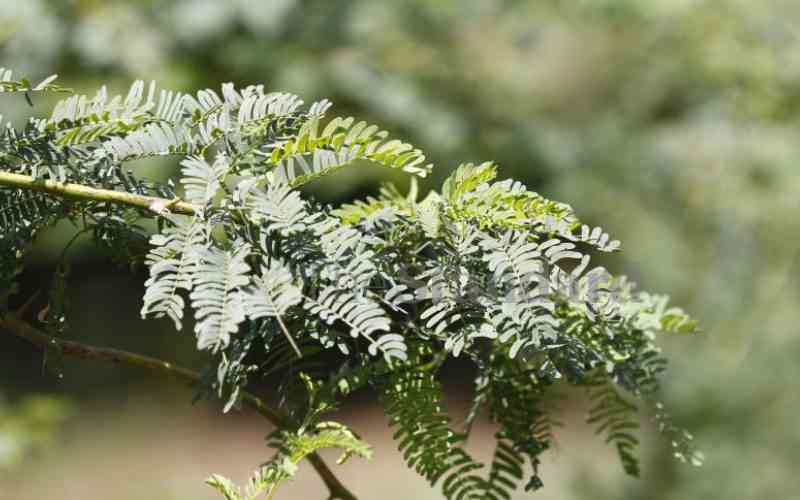×
The Standard e-Paper
Kenya’s Boldest Voice

Plans are underway to control the spread of the invasive prosopis juliflora, locally known as Mathenge, in arid and semi-arid areas.
The national strategy and action plan for the control of Mathenge will incorporate use of biological agents to limit seeding and growth rates. The plans also involve use of chemicals to kill young plants, besides use of the plant through charcoal burning.